DIY Leak Detection Tips for Florida Residents
Detecting leaks early can save you from extensive water damage...
Hidden leaks in your home can cause significant damage and increase your utility bills if left undetected. Identifying these leaks early is crucial for preventing extensive damage and minimizing repair costs. Here’s a guide to help you detect hidden leaks in your Florida home and address them before they become major issues.
One of the simplest ways to detect hidden leaks is by monitoring your water meter. To do this:
Look for signs of moisture around your home. This includes:
Listen for unusual sounds that might indicate a hidden leak:
A sudden increase in your water bill without a corresponding increase in water usage can be a red flag for hidden leaks. Regularly review your bills and look for any significant changes that might indicate a problem.
Mold and mildew growth can be signs of hidden leaks. Look for:
Appliances that use water can develop leaks that are not immediately obvious. Check:
A moisture meter is a tool that can help detect hidden leaks by measuring moisture levels in materials like wood and drywall. If you suspect a leak in a particular area, using a moisture meter can provide valuable information about moisture levels and potential leaks.
For specific areas like toilets:
Check outside your home for signs of leaks:
If you suspect a hidden leak but cannot locate it yourself, consider hiring a professional plumber. They have specialized tools and expertise to detect leaks that may not be visible or accessible with standard methods.
Detecting hidden leaks early is essential for preventing damage and saving on repair costs. By monitoring your water meter, inspecting for wet spots, listening for unusual sounds, and checking your water bill, you can identify potential leaks before they become serious issues. If you have trouble finding or addressing a leak, don’t hesitate to consult a professional plumber for a thorough inspection. Keeping an eye out for these signs and taking action promptly can help protect your home from the costly effects of hidden leaks.
Detecting leaks early can save you from extensive water damage...
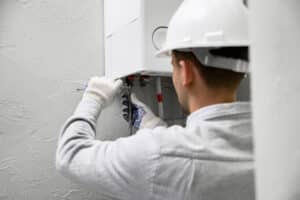
Tankless water heaters are becoming increasingly popular among homeowners looking...
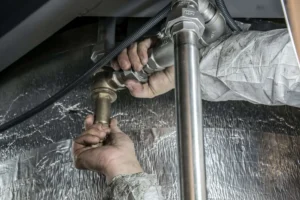
Detecting leaks early can prevent significant damage and costly repairs....
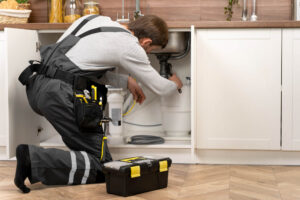
Professional drain cleaning is essential for maintaining a healthy plumbing...
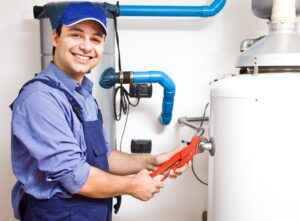
Water heaters are a crucial part of your home’s plumbing...
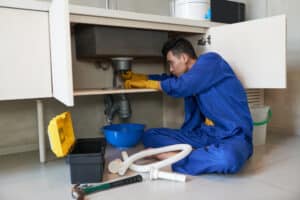
Chemical drain cleaners are commonly used to tackle clogs and...